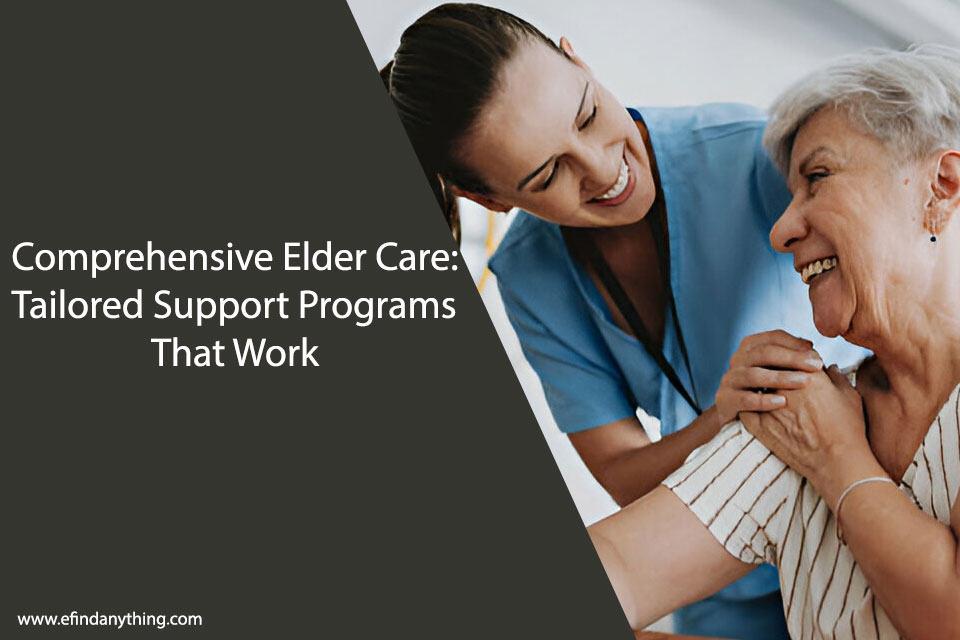
With an aging population, the demand for quality senior care rises. Families are seeking more than the basics; they want adaptive programs, tailored to their loved one’s unique needs. From in-home care to memory care, tailored elder care programs support wellness and social engagement. They focus on the whole person, not just the senior.
Table of Contents
Personalized Assessments Provide the Foundation
Effective elder care begins with understanding the individual’s unique needs. The first step is a comprehensive health and lifestyle assessment. Communities cannot effectively care for elderly family members without first understanding their needs. The evaluation serves as a guide that helps caregivers provide tailored support and care.
Providers assess seniors’ needs based on the following:
- Physical health
- Mental well-being
- Mobility
- Dietary needs
- Social preferences
What sets the best communities apart is understanding that care plans must change over time. The goal is to ensure that support remains relevant and effective in the long term.
Basic Support Services Provide Daily Assistance
Many elder care programs provide daily assistance with activities such as bathing, dressing, and medication reminders. These services are ideal for seniors with mobility or health issues that may hinder their ability to perform daily tasks.
Some elder care programs also incorporate health monitoring. Residents have access to systems that allow them to call for immediate help. They can also take advantage of telehealth check-ins and remote doctor’s visits.
Memory Care that Goes Beyond Safety
Although seniors with cognitive decline undoubtedly need safety, a tailored approach to support offers much more than the basics. More than structured supervision, these programs blend security with mental stimulation. They provide sensory activities, memory games, and music therapy. These initiatives support brain function and emotional health.
Staff members receive specialized training in dementia care and communication. They train to respond to residents with compassion and empathy. These programs are designed to reduce confusion, anxiety, and agitation through consistent routines and familiar surroundings.
Wellness and Nutritional Programs
A comprehensive approach to elder care involves nutritional counseling, mental health resources, and fitness planning. Seniors have access to dieticians who customize their diet according to their unique needs. Physical therapists may help seniors protect or restore their mobility.
Nutrition programs often help seniors with conditions such as diabetes or heart disease. Diet plays an integral role in managing these diseases.
Seniors can also access emotional support services, including individual therapy, group counseling, and spiritual care. These services provide seniors with the care they need in every aspect of their lives.
Finding the Right Balance Is Crucial
Finding the right elder care program starts with knowing what matters most to your loved one. You must consider their daily needs, medications, health issues, and mobility. Look for programs that treat them as more than a number. Talk to staff members and residents. The right program should feel personalized, respectful, and flexible. Do not rush the process; take your time and research carefully to find the best program options for your loved one.
Tailored Care Offers Better Outcomes
When elder care is customized, the results are clear. Seniors experience higher levels of satisfaction, better outcomes, and an improved quality of life. The future of senior care lies in a tailored person-centric approach. This approach blends medical care with emotional support, social interaction, and personal choice. Seniors have a say in their care, empowering them to remain as independent as possible. Seniors can retain their dignity and receive the integral services they need.





